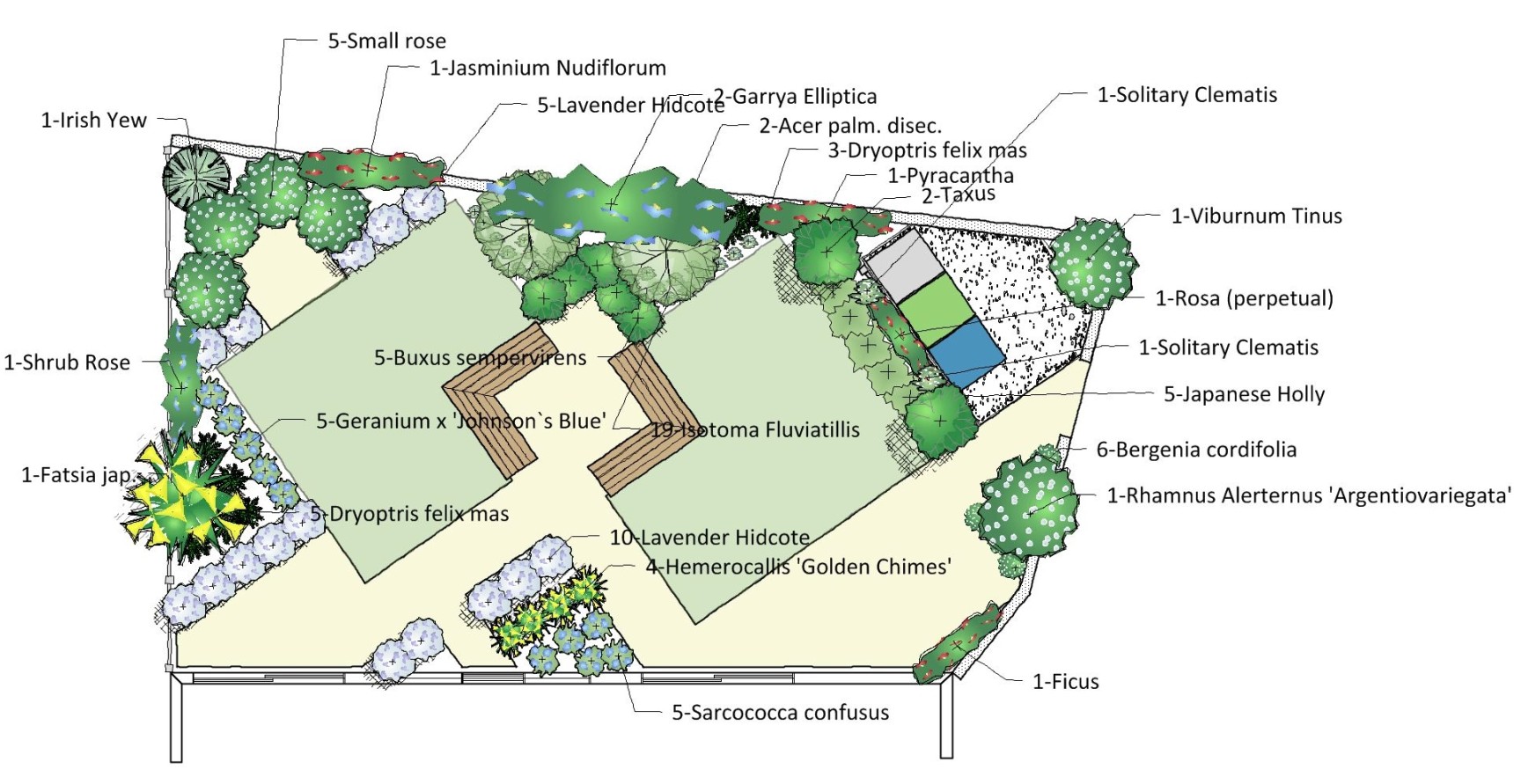Garden Plans: A Blueprint for Your Outdoor Oasis
A garden plan is more than just a sketch; it’s a roadmap to creating a thriving outdoor space. By carefully considering factors like sunlight, soil type, and your personal preferences, you can design a garden that not only looks beautiful but also thrives.

The Benefits of a Garden Plan
A well-thought-out garden plan offers numerous advantages:
Efficient Use of Space: By visualizing your garden layout, you can maximize every square foot.
Successful Plant Selection: Choosing the right plants for your specific conditions ensures a healthy and vibrant garden.
Reduced Maintenance: Strategic planning can minimize time-consuming tasks like weeding and pruning.
Increased Garden Enjoyment: A well-designed garden provides a serene and aesthetically pleasing outdoor retreat.
Essential Elements of a Garden Plan
To create a comprehensive garden plan, consider the following elements:
Site Analysis: Assess your garden’s size, shape, soil type, sunlight exposure, and existing structures.
Design Style: Determine your preferred style, whether it’s formal, informal, cottage, or contemporary.
Plant Selection: Choose plants that are suitable for your climate, soil, and sunlight conditions.
Layout and Paths: Plan the arrangement of plants, hardscaping features, and pathways.
Watering System: Design an efficient watering system to keep your plants hydrated.

Creating Your Garden Plan
Here are some tips for creating a successful garden plan:
Start with a Rough Sketch: Begin by drawing a simple outline of your garden, including existing features.
Consider Scale: Use graph paper or a digital design tool to accurately represent your garden’s dimensions.
Experiment with Different Layouts: Try various arrangements of plants, paths, and hardscaping elements.
Seek Inspiration: Look at garden magazines, books, and online resources for ideas.
Consult with Experts: If needed, seek advice from a landscape designer or horticulturalist.
Garden Planning Tools and Resources
Several tools and resources can assist you in creating your garden plan:
Garden Design Software: Use specialized software to design your garden digitally.
Online Garden Planners: Many websites offer free or paid garden planning tools.
Plant Selection Guides: Consult regional plant guides to choose suitable plants.
Gardening Books and Magazines: Explore a wide range of gardening literature for inspiration and advice.
Conclusion
By investing time and effort in creating a comprehensive garden plan, you can transform your outdoor space into a beautiful and functional oasis. Remember to adapt your plan to your specific needs and preferences, and enjoy the process of bringing your vision to life.

